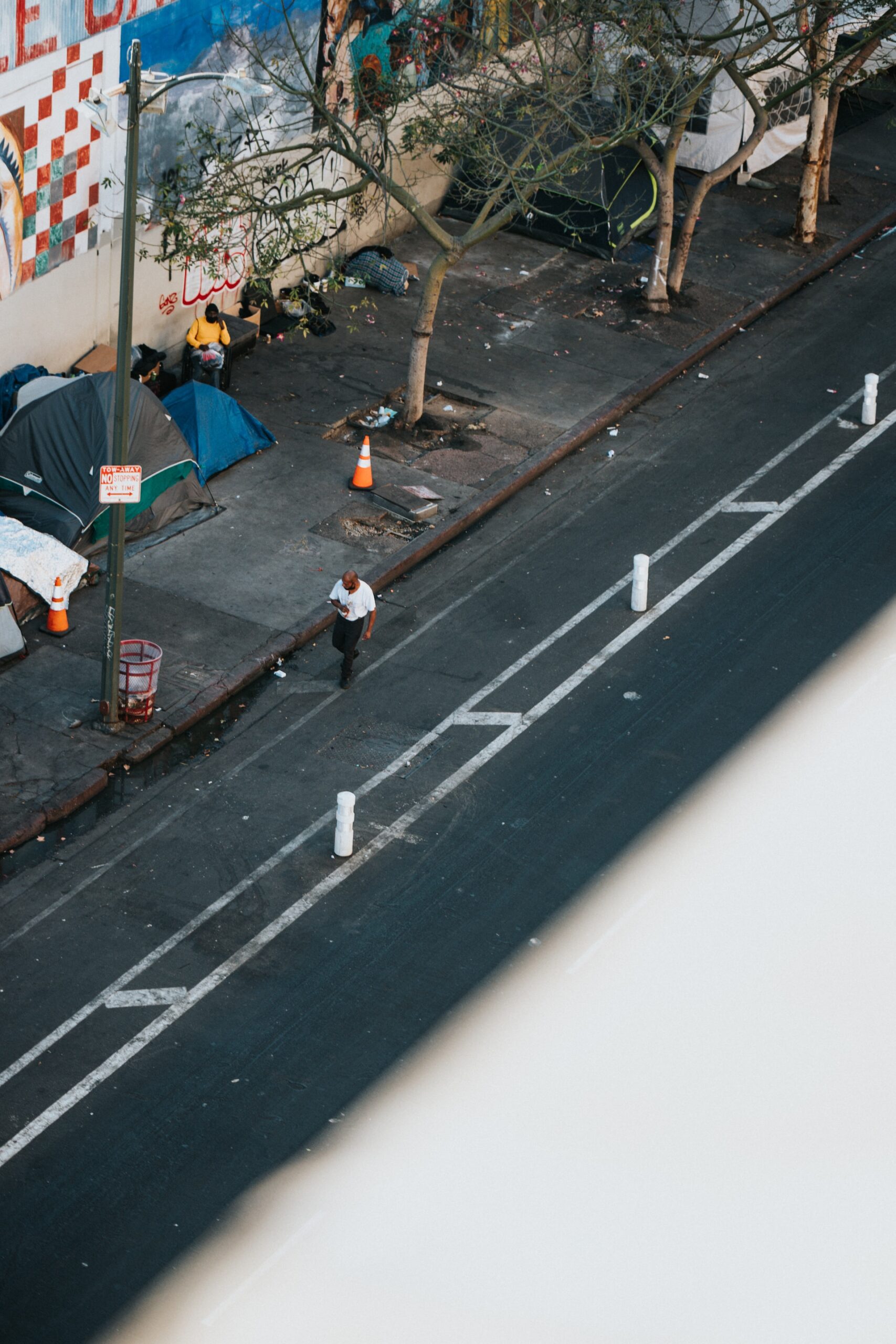The National Day of Racial Healing is an opportunity for people, organizations, and communities across the United States to “forge deep, meaningful relationships, lay the groundwork to transform broken systems” and create change. Visit W.K. Kellogg Foundation’s dedicated event website for conversation guides and toolkits tailored to students, philanthropy, business leaders, and more. Cite the values of community, equity, and opportunity on this day.
Tag: social justice
Birthday of Zora Neale Hurston
On this day in 1891, folklorist, anthropologist, and author Zora Neale Hurston was born. Hurston is best known for her 1937 novel Their Eyes Were Watching God. In her work for the Works Project Administration (WPA), she also documented songs and life histories of interesting, everyday people, including labor conditions. Discuss Hurston’s birthday by citing the values of Voice, Equality, and Community.
Hanukkah
As you prepare for the holiday season, help your audiences get ready for effective and meaningful family conversations. Refer to values of equity, voice, and community.
Black Friday
The Friday after Thanksgiving is often dubbed “Black Friday” because consumer spending puts retailers’ revenues “in the black.” As a counter to big business, the day after has been declared “Small Business Saturday.” Use these hooks to share the Shop Your Values campaign run by the Main Street Alliance that supports small businesses that are actively advocating for economic and racial justice across the country. Also see Give Women Your Money: A Shoppable Spreadsheet for women-lead businesses and Color of Change’s Black Business Green Book.
Hunger and Homelessness Awareness Week
Hunger and Homelessness Awareness Week is sponsored each year by the National Coalition for the Homeless and the National Student Campaign Against Hunger and Homelessness. The event is an annual opportunity for people to come together and draw attention to the problems of hunger and homelessness. When talking about homelessness this week, cite the values of community and economic opportunity.
March Madness
The March Madness college basketball tournaments begin this week. Both the men’s and women’s tournaments continue through the end of March, culminating with the NCAA Women’s and Men’s National Championship games. In recent years, the inequitable facilities and promotion of the two tournaments have drawn criticism. Both men and women athletes have also benefited in recent years from the reversal of prohibitions on financial compensation, with collegiate athletes now able to sign name, image, and likeness endorsements (NIL). Cite the values of voice and equity when talking in support of paying student-athletes.
Film Independent Spirit Awards
The Film Independent Spirit Awards will air on Sunday, Feb 25 at 5:00 pm ET. The annual celebration uplifts the best independent film and television programming of the year. Visit Film Independent’s website to see the full list of nominees and find more information on how to watch this year’s show.
National Day of Racial Healing
This year, the National Day of Racial Healing will be held on Jan. 16. The annual observance is an opportunity for people, organizations, and communities across the United States to “forge deep, meaningful relationships, lay the groundwork to transform broken systems” and create change. Visit W.K. Kellogg Foundation’s dedicated event website for conversation guides and toolkits tailored to students, philanthropy, business leaders, and more. Cite the values of community, equity, and opportunity on this day.
Birthday of Dr. Martin Luther King Jr.
Today we also celebrate the birthday and legacy of Dr. Martin Luther King Jr. Technically born on Jan. 15, this federal holiday is recognized on the third Monday each year and presents a great opportunity to talk about the ongoing struggle for racial justice in the United States by citing the values of equity, community, and opportunity.
Hanukkah
As you prepare for the holiday season, help your audiences get ready for effective and meaningful family conversations about racial justice and economic opportunity. Refer to values of equity, voice, and community.





